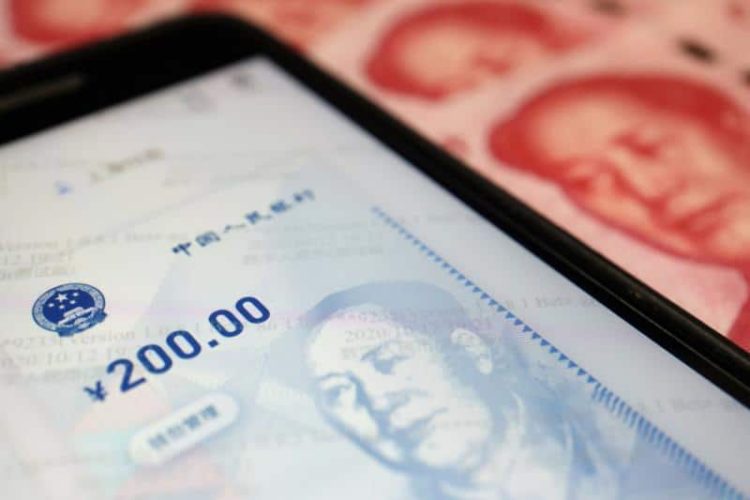The People’s Bank of China (PBoC) deputy director Mu Changchun has addressed privacy and anonymity concerns over its upcoming central bank digital currency (CBDC) project.
Changchun spoke at the China Development Forum in Beijing on Saturday.
Limited Anonymity Of CBDC
According to Changchun, it would be difficult for the digital currency to be fully anonymous. He said that the Central Bank needs to balance privacy for users with international consensus in risk control.
He elaborated the use of digital yuan not only as a payment method but also as a high-level financial surveillance tool.
The Central bank head said that the digital Yuan would provide privacy, but it would be limited. He said that the CBDC would have even more privacy than commercial payment products like bank cards, WeChat, or Alipay, tied more closely to the banking system.
China Cracking Down On Crypto Crimes
While giving reasons to why the digital Yuan would not be fully anonymous, Changchun said too much emphasis on anonymity would raise the cost of fighting crime and could bring severe consequences.
On the flip side, if the apex bank controls anonymity, it would mean that it will observe and monitor transactions taking place while the transacting parties would remain private. This way, PBoC still has the chance to analyze transactions to monitor crimes.
“A completely anonymous central bank digital currency is not feasible as it would violate anti-money laundering, anti-terrorist financing, and anti-tax evasion regulations,” Changchun said.
China has shown its commitment to tackling crimes, especially when it comes to the use of crypto to launder money. Beijing’s extensive crackdown on internet crimes has seen several young people sentenced to prison for laundering Bitcoin using platforms like Kucoin.
The country was said to have convicted almost 100 people since November 2020 for knowingly using USDT to launder over $30 million through OTC desks.
Meanwhile, China continues to lead major countries in developing and piloting a central bank digital currency (CBDC). However, the project has raised concerns around the amount of insight it would give authorities into users’ financial data and behavior.
In January, 100,000 Chinese received $31 million digital yuan via lottery for free in the Shenzhen region. Residents in the region can now use ATMs to convert digital yuan to cash on a test basis. The Postal Savings Bank of China is also developing physical wallet cards on which to store digital yuan.
Credit: Source link












































































































































